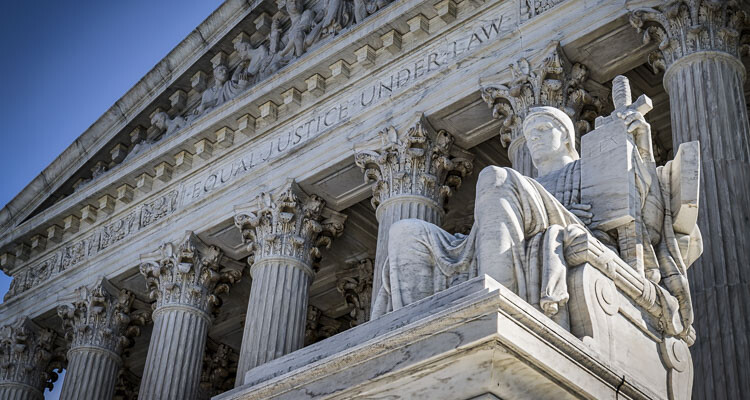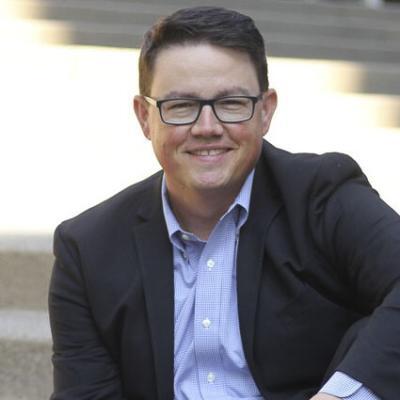
Chris Corry of the Washington Policy Center states that given the importance of the question presented to the court, this case has national significance
Chris Corry
Washington Policy Center
The ongoing battle over Washington’s unconstitutional capital gains tax continues. The Freedom Foundation has filed a Petition for Writ of Certiorari with the US Supreme Court. The petition asks the US Supreme Court to overturn the decision made earlier this year by the Washington State Supreme Court.

In the filing, the appeal presents the following question:
“Upset with what they saw as an unduly regressive tax system, a narrow majority in the Washington legislature recently enacted a 7% long-term capital gains tax that exempts the first $250,000 per year. But the Washington State Constitution mandates that all taxes on “property,” which includes income as a matter of state law, must be uniform and capped at 1%, such that residents with higher incomes cannot be made to pay more as a percentage of their income than those who make less. To get around these state-law limits, the new tax operates as an excise tax—i.e., it is “imposed on the sale or exchange of long-term capital assets,” not on the income generated by it. RCW 82.87.040(1). Yet while that may have solved a state-law problem, it created a federal-law problem. Seattle is not a hotbed of securities trading, so an excise tax on high-dollar-value transactions would not raise much revenue if it were limited to transactions and property in the state. Not surprisingly, the new excise tax thus reaches far beyond Washington’s borders to tax transactions that occur in other states involving property located out of state.
The question presented is:
Whether the Constitution permits a state to tax out-of-state transactions involving only out-of-state property.”
It is worth noting that the US Supreme Court is under no obligation to take up the case. They are typically only heard if there is national significance, harmonizing different federal decisions, or having precedential value. In order for a case to be hear four of the nine Justices must vote to accept the case.
The petition notes:
“This Court has long held that a state cannot tax transactions that occur outside of its borders just because they involve one of its residents. While states may tax their fair share of the income their residents derive from out-of-state transactions, they may not tax the out-of-state transactions themselves. That constraint is a necessary consequence of the federalism principles that the Constitution embodies, which guarantee to each state sovereignty within its own borders.”
Given the importance of the question presented to the court, this case has national significance.
You can read the entire cert here.
Chris Corry is the director of the Center for Government Reform at the Washington Policy Center. He is also a member of the Washington State House of Representatives.
Also read:
- Opinion: Fort Vancouver Regional Libraries levy lid liftDick Rylander shares Q&A with FVRL leadership about the proposed levy lid lift, detailing budget needs, tax impacts, and what a YES or NO vote could mean for library services.
- Letter: ‘The public has allowed this to happen’Wynn Grcich calls on Vancouver residents to support Justin Forsman and Rob Anderson in local elections and urges more civic engagement to challenge current city leadership.
- Letter: ‘I am a law-abiding citizen, who believes in the free speech of others’Jim McConnell of Vancouver shares his frustration over repeated sign thefts opposing changes to McGillivray Boulevard and defends the right to free speech in Cascade Park.
- Opinion: Taxes and assessed valuesDick Rylander explains how property tax proposals are calculated and urges Clark County residents to understand assessed values before voting on new taxes.
- Opinion: Why has Vancouver hired a shelter provider with a record of failure?Amy Harris questions Vancouver’s decision to hire Do Good Multnomah, citing documented failures and urging city officials to explain their choice.










